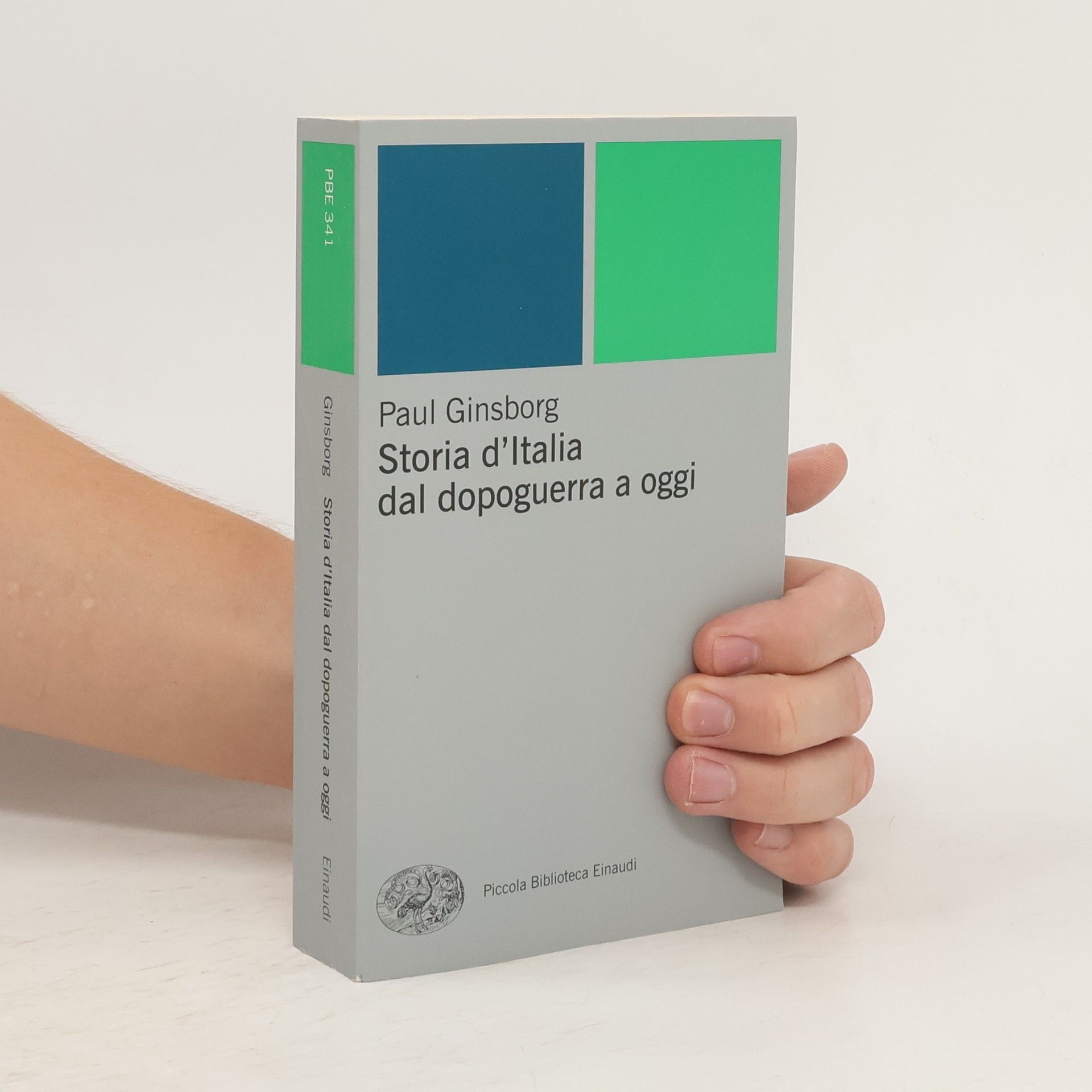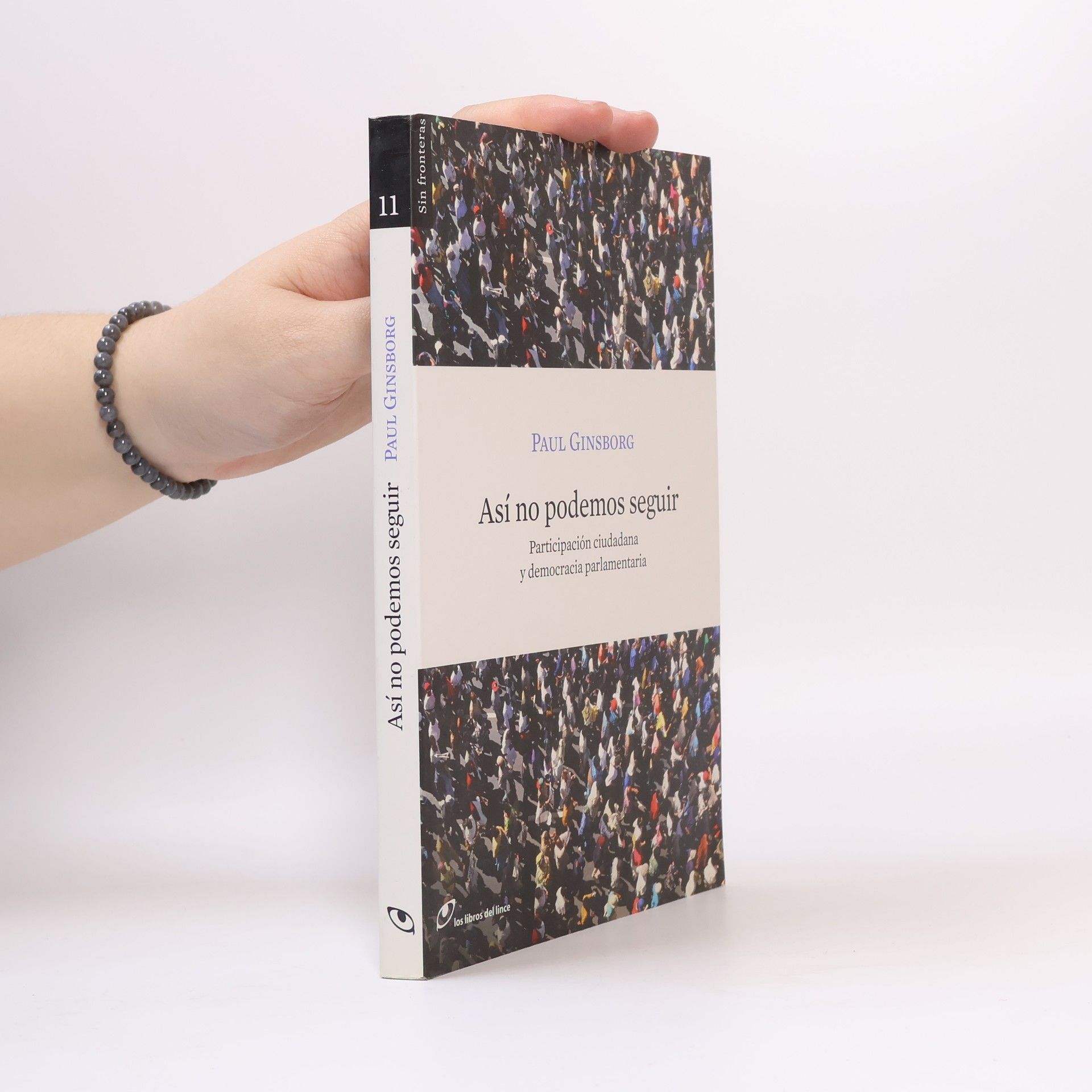Paul Ginsborg Bücher
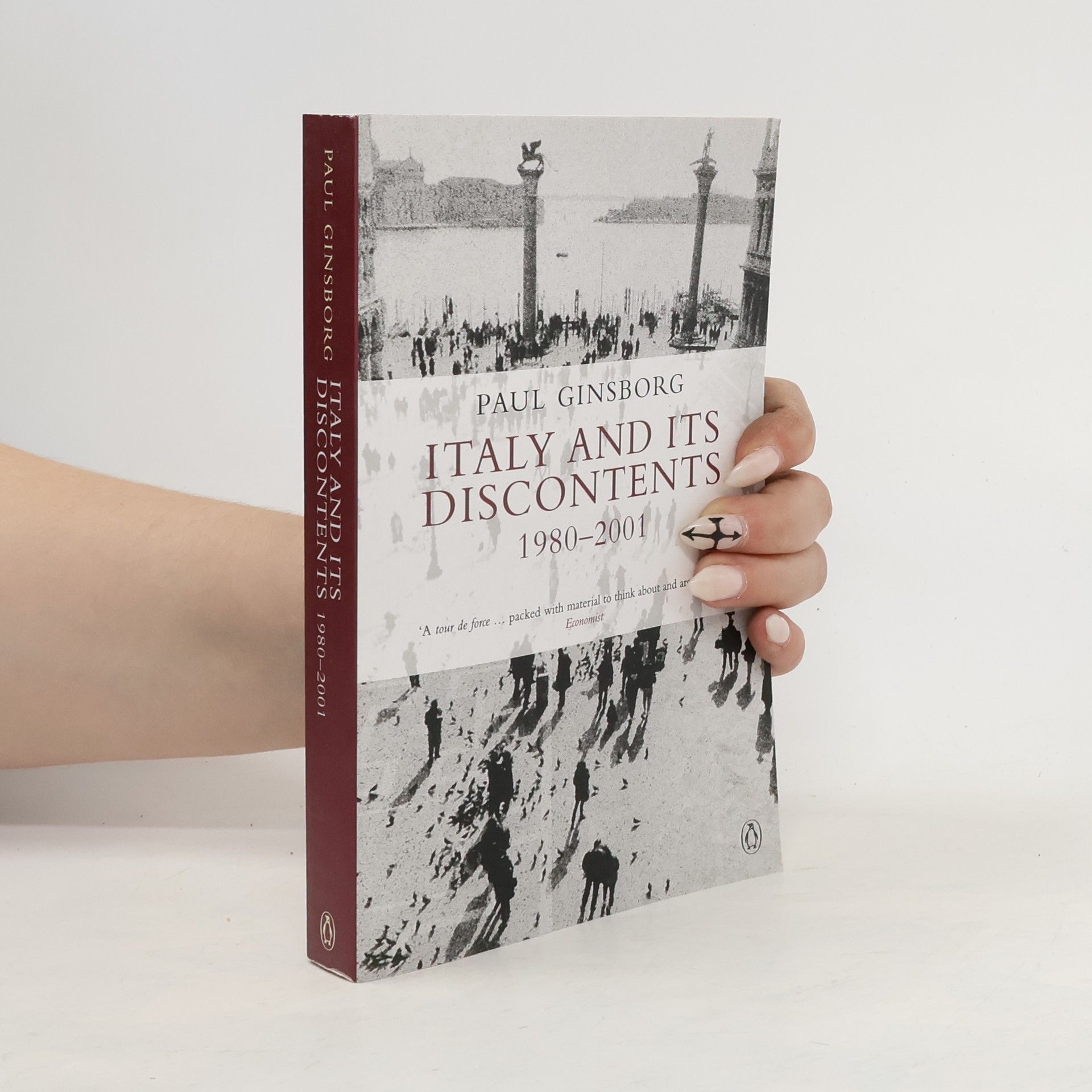
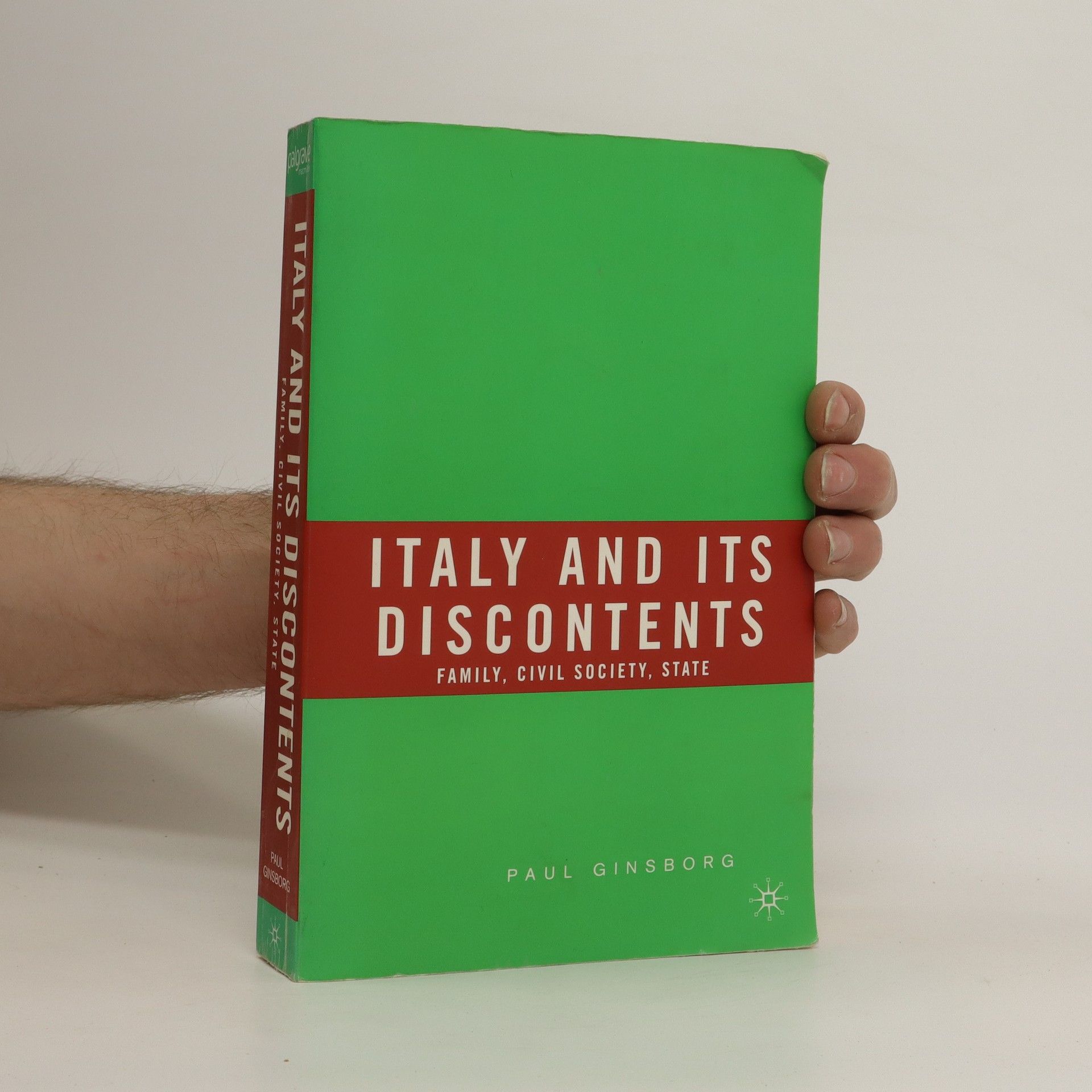
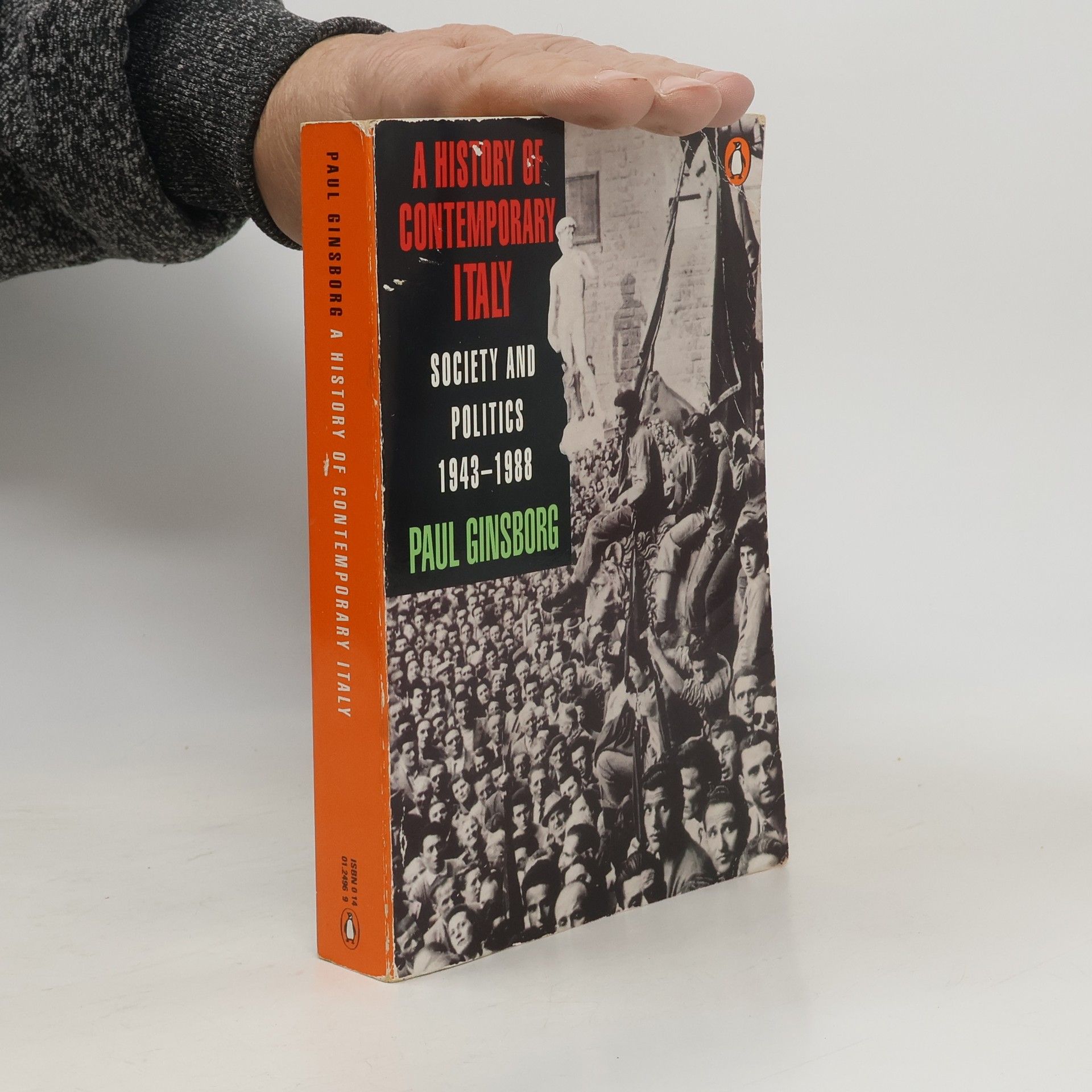

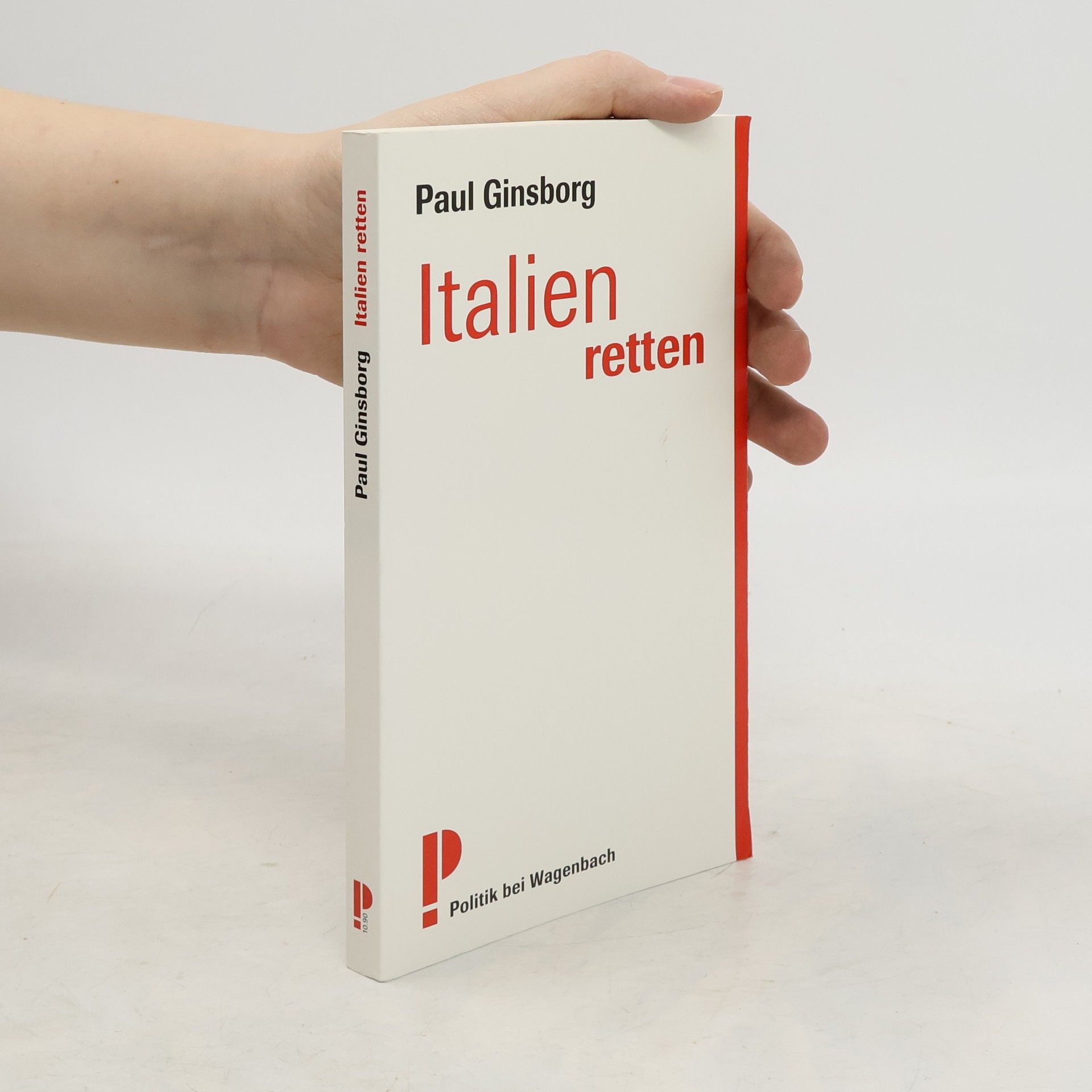

Wie tief drangen die Diktaturen des zwanzigsten Jahrhunderts ins Private ein? Wie stark versuchten neue Ideologien die Familie zu verändern und zu formen? In der groß angelegten Studie der totalitären Systeme Europas zwischen 1900 und 1950 des britischen Historikers Paul Ginsborg steht erstmals die Familie im Mittelpunkt. Paul Ginsborg zeigt an namhaften historischen Beispielen, aber auch am Alltag einfacher Leute, wie politische Theorien und Ideologien versuchten, auch die kleinste Einheit der Gesellschaft zu formen - und teils scheiterten, teils Spuren hinterließen. Dabei spannt er den Bogen von Russland während Revolution und Stalinismus, der Türkei auf dem Weg zur Republik über Italien während des Faschismus und Spanien im Bürgerkrieg hin zu Deutschland im Nationalsozialismus. Mit großer Erzählkraft macht der Autor den Gegensatz sichtbar zwischen neuen Normen und Kodizes einerseits und realem Familienleben andererseits. Ein Standardwerk, das in Italien Sachbuch des Jahres wurde.
A History of Contemporary Italy
- 592 Seiten
- 21 Lesestunden
Contemporary Italy strongly mirrors Britain - the countries have roughly the same extent, population size and GNP - and yet they are fantastically different. This book presents an account of how Italy has coped, or failed to cope, with the past decades. It is suitable for those who wish to understand contemporary Italy.
A major bestseller in Italy, Paul Ginsborg's account of this most recent and dynamic period in Italy's history is essential reading for anyone wishing to understand contemoprary Italy. Ginsborg chronicles a period that witnessed a radical transformation in the country's social, economic and political landscape, creating a fascinating and definitve account of how Italy has coped or failed to cope as it moves from one century to the next. With particular emphasis on its role in italian life, work and culture Ginsborg shows how smaller families, longer lives and greater generation crossover have had significant effects on Italian society. Ginsborg looks at the 2000 elections, the influence of the Mafia, the decline of both Communism and Catholicism, and the change in national identity. This is modern history at its best.
Finally in paperback, Paul Ginsborg's masterful portrait of modern Italy, with a new preface
Storia d'Italia dal dopoguerra a oggi
- 622 Seiten
- 22 Lesestunden
I momenti cruciali della Resistenza, la nascita della Repubblica sotto il dominio della Democrazia cristiana, il miracolo economico, il centrosinistra e il Sessantotto, le lotte politiche e sindacali degli anni Settanta, il terrorismo: un affresco storiografico ricco di suggestioni e spunti critici che sottolinea il drammatico passaggio da un Paese fascista distrutto dalla guerra a una grande e opulenta nazione democratica. Nella complessa architettura del libro fatti politici, dati economici e analisi della famiglia e della società si intersecano, dando vita a un quadro globale dell'Italia contemporanea. Attingendo a metodi e fonti diversificate - dalla storia orale, alle analisi sociologiche, alle commissioni parlamentari - Storia d'Italia dal dopoguerra a oggi ricostruisce il tessuto piú quotidiano della vita degli italiani in una narrazione di grande leggibilità e rigore storico.
Sin fronteras - 11: Así no podemos seguir
Participación ciudadana y democracia parlamentaria
- 280 Seiten
- 10 Lesestunden
